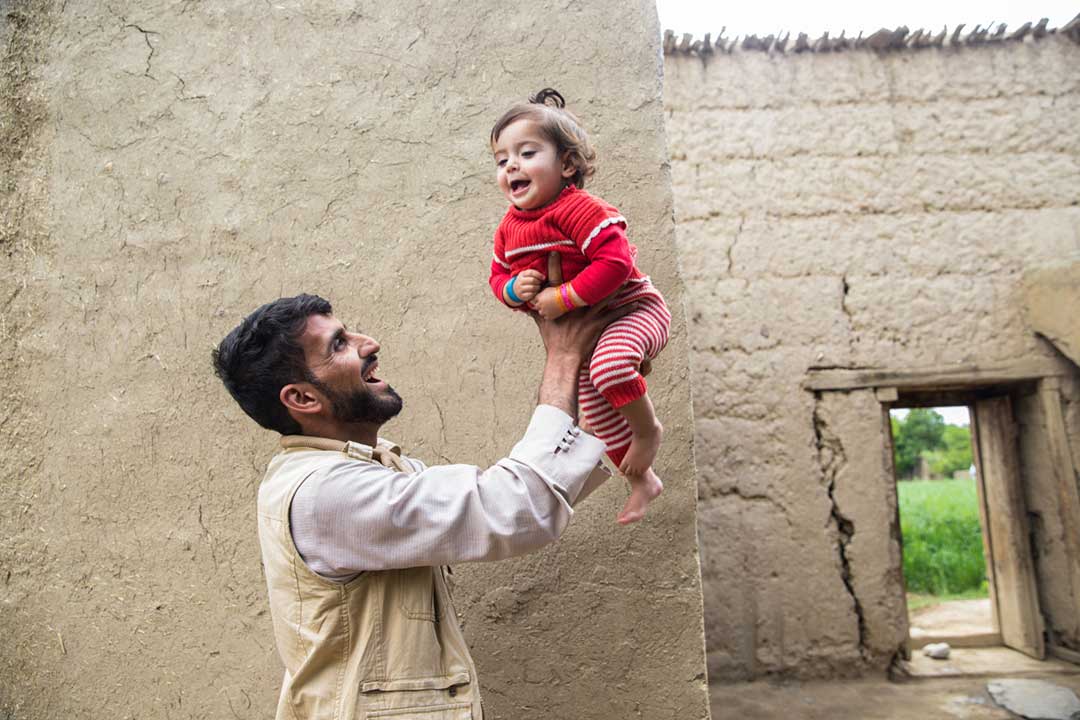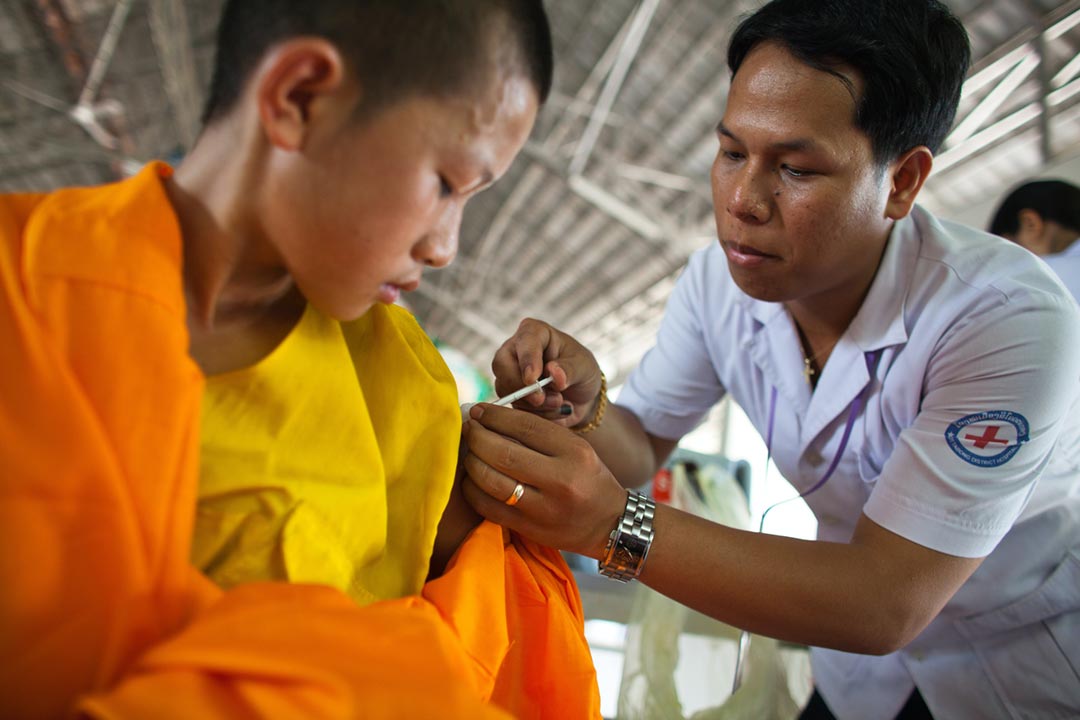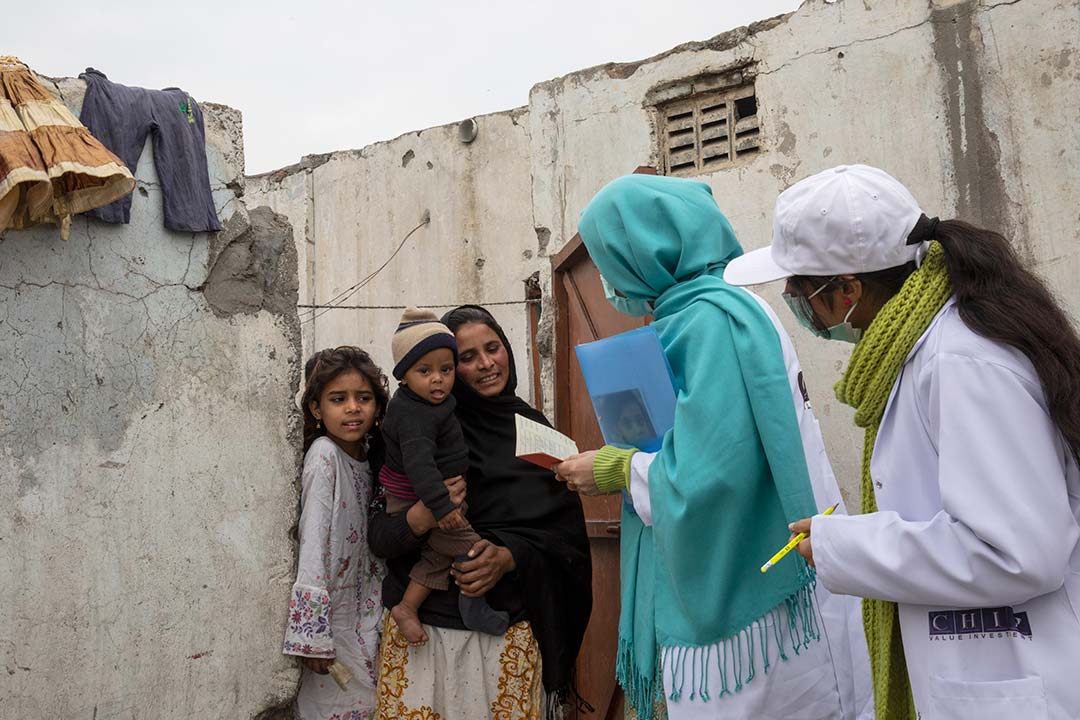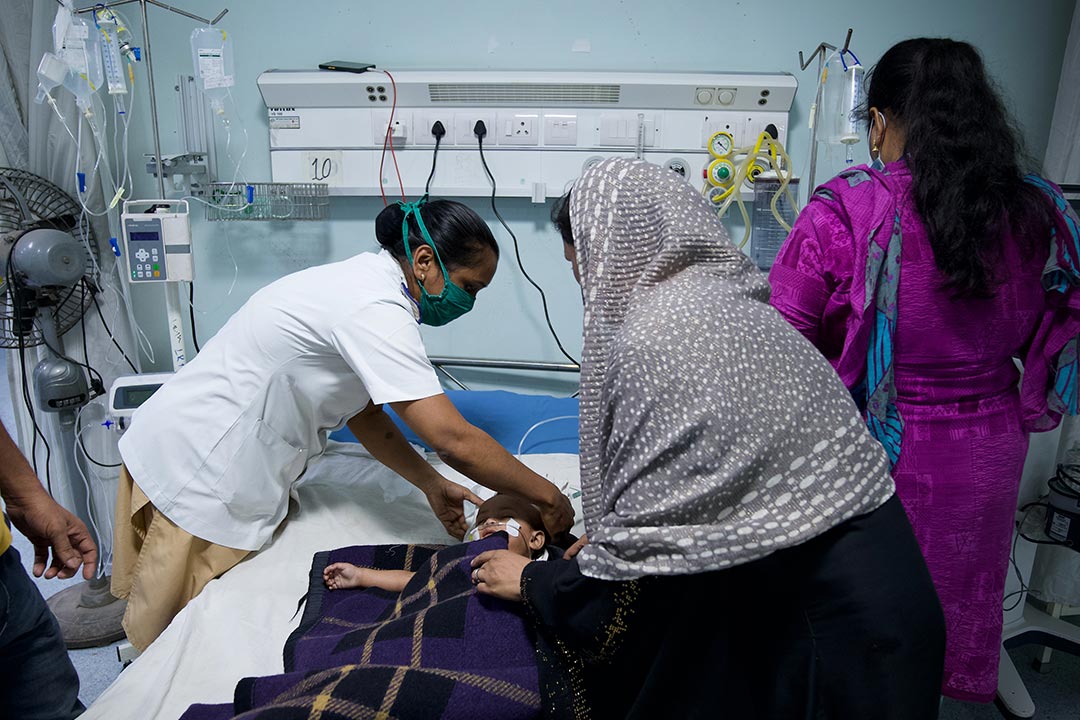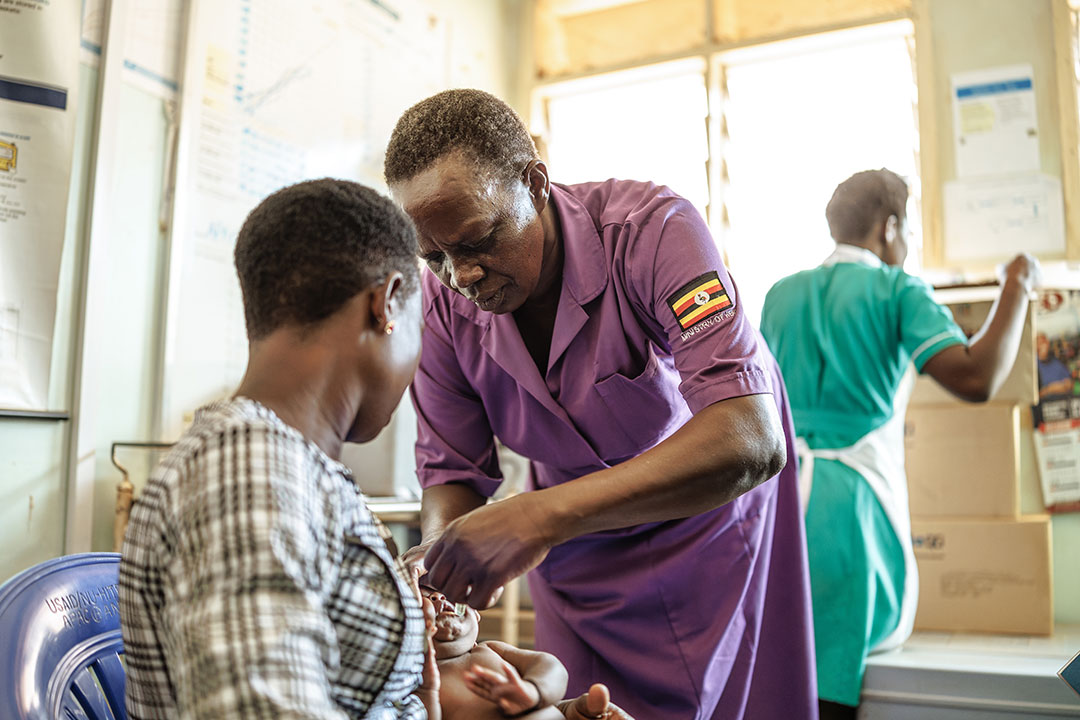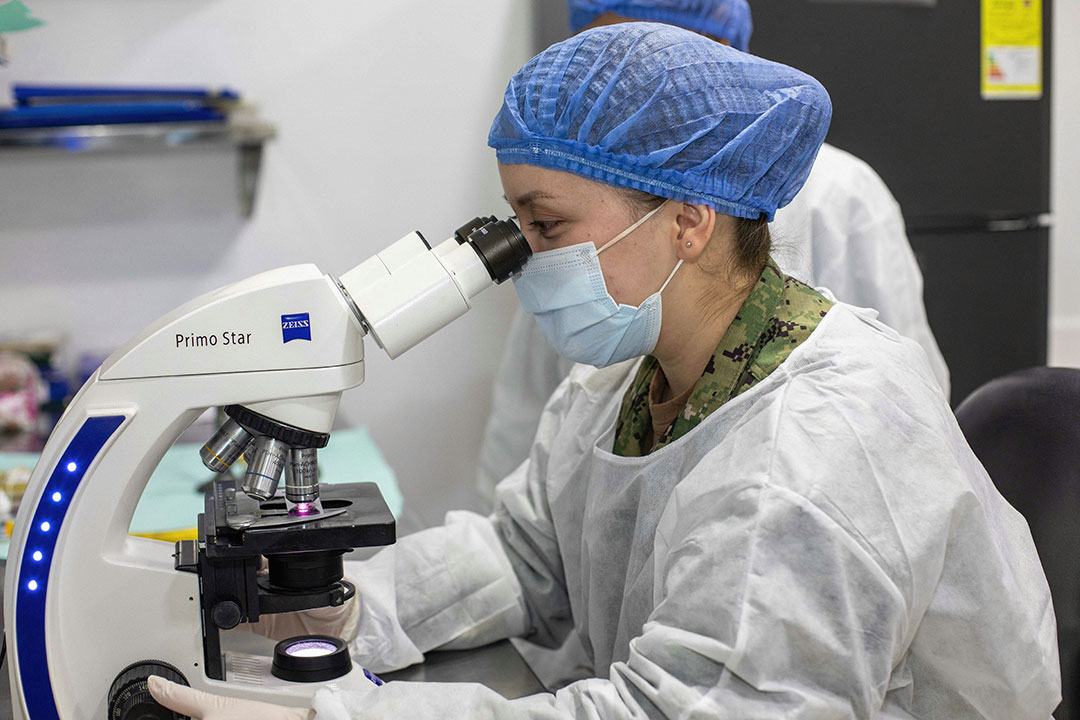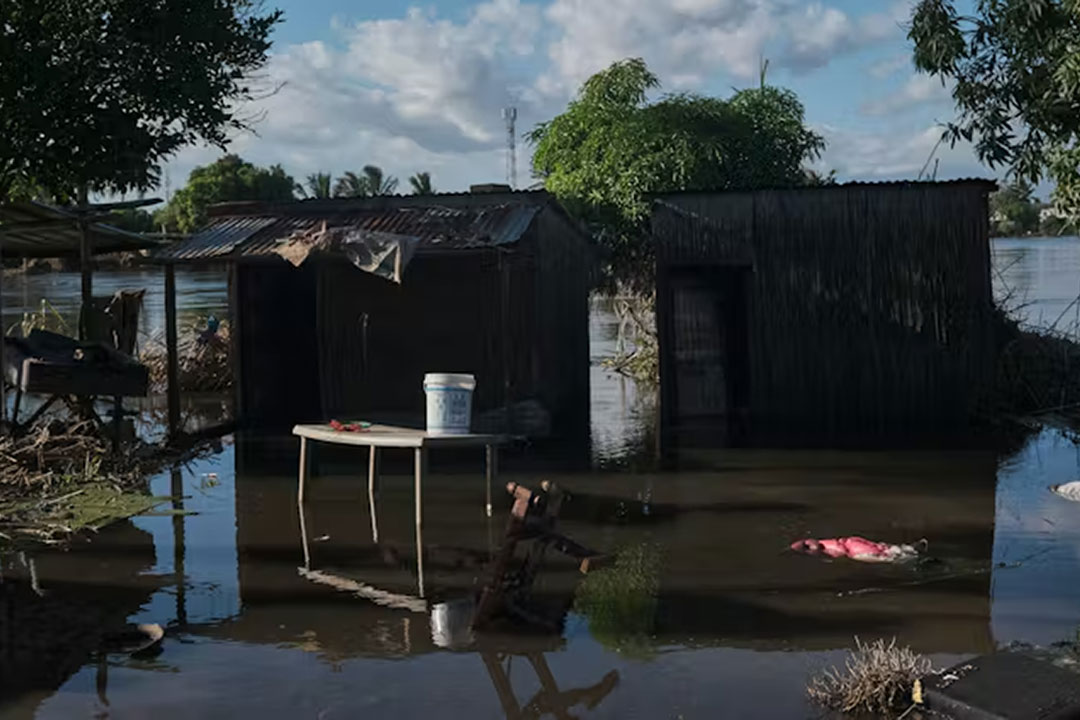UNGA: getting back on track to the global goals
As world leaders gather in New York for the 77th United Nations General Assembly, why should we focus to re-commit to vaccine equity, routine immunisation and pandemic preparedness that learns from COVID-19?
- 13 September 2022
- 5 min read
- by Anamaria Bejar
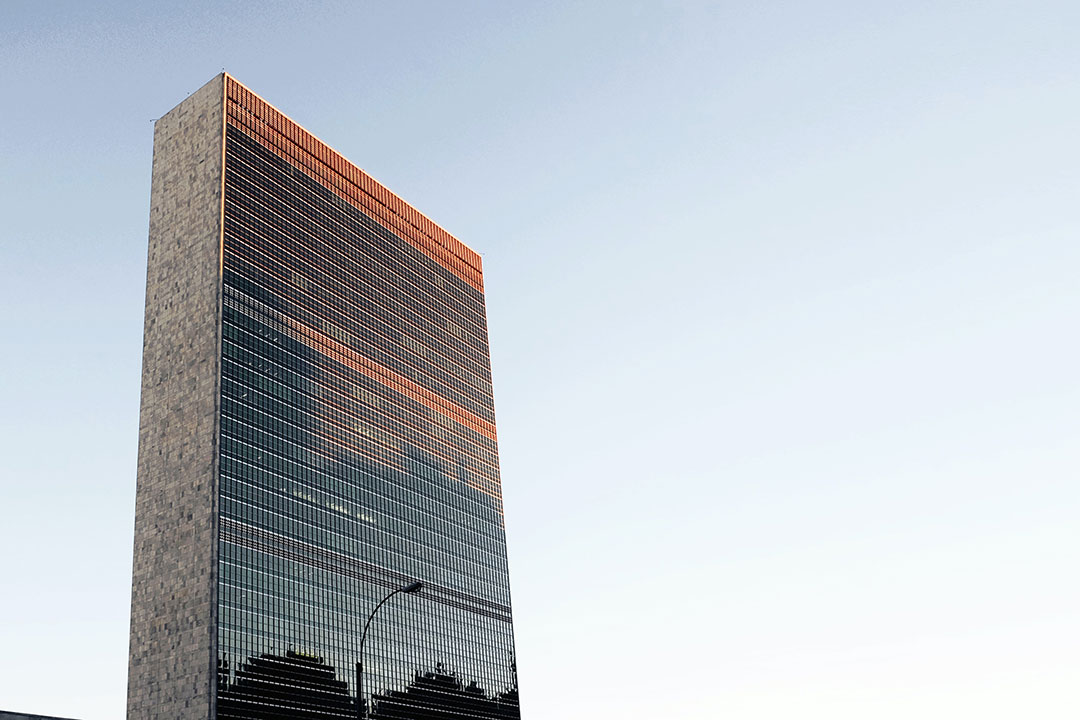
Next week sees the start of the 77th session of the United Nations General Assembly (UNGA), which is taking place at one of the most challenging moments the world has seen in recent years.
The devastation from the pandemic and the collateral damage it brought is affecting billions of lives. Coupled with a rise in violent conflicts and the climate crisis, people worldwide are suffering through unprecedented population displacement, food insecurity, energy shortages, challenges in accessing clean water and sanitation, and reduced access to health services. As always, the most vulnerable communities in low and middle income countries are bearing the brunt of these global shocks.
Routine immunisation is a critical entry point for vulnerable communities into primary health care, where they can then access other key services such as maternal and child care, education, nutrition and water and sanitation, among others.
As challenging as these times are, world leaders still have an opportunity to turn the wheel, and make the dramatic changes that are necessary to get back on track to meet the 2030 Sustainable Development Goals before it is too late. At the core of those firm decisions is achieving vaccine equity as a key intervention to prevent disease and save lives.
No child should miss out on lifesaving vaccines: boosting access to routine immunisation
Equitable access to vaccines is the essence of Gavi’s mission. We have helped vaccinate 981 million children and save 15 million lives since 2000 through routine immunisation, which was severely disrupted during the pandemic.
Too many children are still not getting even a single dose of basic childhood vaccines, and the number of these ‘zero-dose children’ has been rising since the start of the pandemic. Data from 15 July 2022 shows that 25 million children around the world have missed out on one or more doses of lifesaving diphtheria-tetanus-pertussis-containing vaccines in 2021. Of those children, 18 million were zero-dose children. This number is up from 17 million in 2020 and 13 million in 2019.
Given the effectiveness of vaccines to reduce deadly childhood diseases, these statistics need to be urgently reversed. This means not only reaching zero-dose children, but also their communities, which are the furthest left behind with no or insufficient access to essential services, and ensuring long-term investment in routine immunisation and primary health care to sustain progress.
Have you read?
Evidence shows that routine immunisation reaches more children than any other health service. Routine immunisation is a critical entry point for vulnerable communities into primary health care, where they can then access other key services such as maternal and child care, education, nutrition and water and sanitation, among others. It is important to commend the effective action of some countries such as Chad, Pakistan and Niger that have managed to keep immunisation on track, but it is also essential that all countries make routine immunisation a priority as it is one of the most effective tools to prevent outbreaks of infectious diseases and fundamental in avoiding future pandemics. Routine immunisation is vital in achieving the global goal of Universal Health Coverage (UHC).
This means rapidly scaling up delivery to reach country targets for the vaccination of high-risk groups, stimulating demand and overcoming operational bottlenecks.
The COVID-19 pandemic is not over: ensuring equitable access to COVID-19 vaccines
The pandemic is far from over – this year alone, over a million people have died from COVID-19. Despite the rollout of COVID-19 vaccines worldwide, only 18% of the population in low-income countries are fully vaccinated compared with 75% of those in high income countries. This inequity is continuing to cost lives and is prolonging the pandemic. The COVAX Facility, that was set up to ensure equitable access to COVID-19 vaccines, has provided more than 1.6 billion vaccines to 146 countries, but there is still a long way to go.
International solidarity is fundamental to expand and accelerate national COVID-19 vaccine deliveries that protect high-risk populations, including people living in humanitarian settings. This means rapidly scaling up delivery to reach country targets for the vaccination of high-risk groups, stimulating demand and overcoming operational bottlenecks.
Preparing for future pandemics and learning from COVID-19
This pandemic demonstrated how unprepared the world was for a pandemic. Pandemic preparedness and response needs to learn these lessons and root its planning in strengthening capacity and primary health care systems, as these are the foundations of outbreak prevention and response. These must focus on the most vulnerable communities first to ensure vaccine equity.
First, we need to capitalise on COVID-19 vaccination investments, innovations and new tools triggered by the pandemic response to strengthen capacity, expand disease surveillance to cope with future outbreaks, and safeguard the delivery of essential health services. It also means diversifying and expanding vaccine manufacturing in emerging and low-income economies to increase global vaccine supply security, including the introduction of pandemic vaccines and the maintenance of routine immunisation.
Financing bottlenecks can cost lives and so it is critical to ensure agile contingency financing to support surge capacity for a coordinated global response during a crisis, ensuring equitable distribution of pandemic vaccines.
Effective pandemic preparedness and response requires a multiplicity of voices, perspectives and decision making. This means bringing a range of both state and non-state actors together to ensure vaccine access for vulnerable populations. It also means putting civil society and local communities at the centre, as well as public and private sectors building local health resilience based on international solidarity.
This is the time to renew international commitment to vaccine equity as a cornerstone to achieving the Sustainable Development Goals. The task is urgent. The time is now.
Author
Anamaria Bejar, Director of Public Policy Engagement at Gavi, the Vaccine Alliance

